When it comes to the simple act of breathing, a study by the World Health Organization (WHO) has found that globally, nine out of ten people are inhaling polluted air. Outdoor air pollution has often taken the brunt of the conversation, but research reveals Americans spend approximately 90% of their time indoors. Now, a new focus on indoor air has created a market for air purifiers which is estimated to reach $33 billion by 2023. From hotels and gyms to our household goods, brands are on a mission to offer purified air to manage physical health, anxiety and overall wellbeing.
Lifestyle brands are vying to create healthy indoor retreats for consumers, one breath at a time.
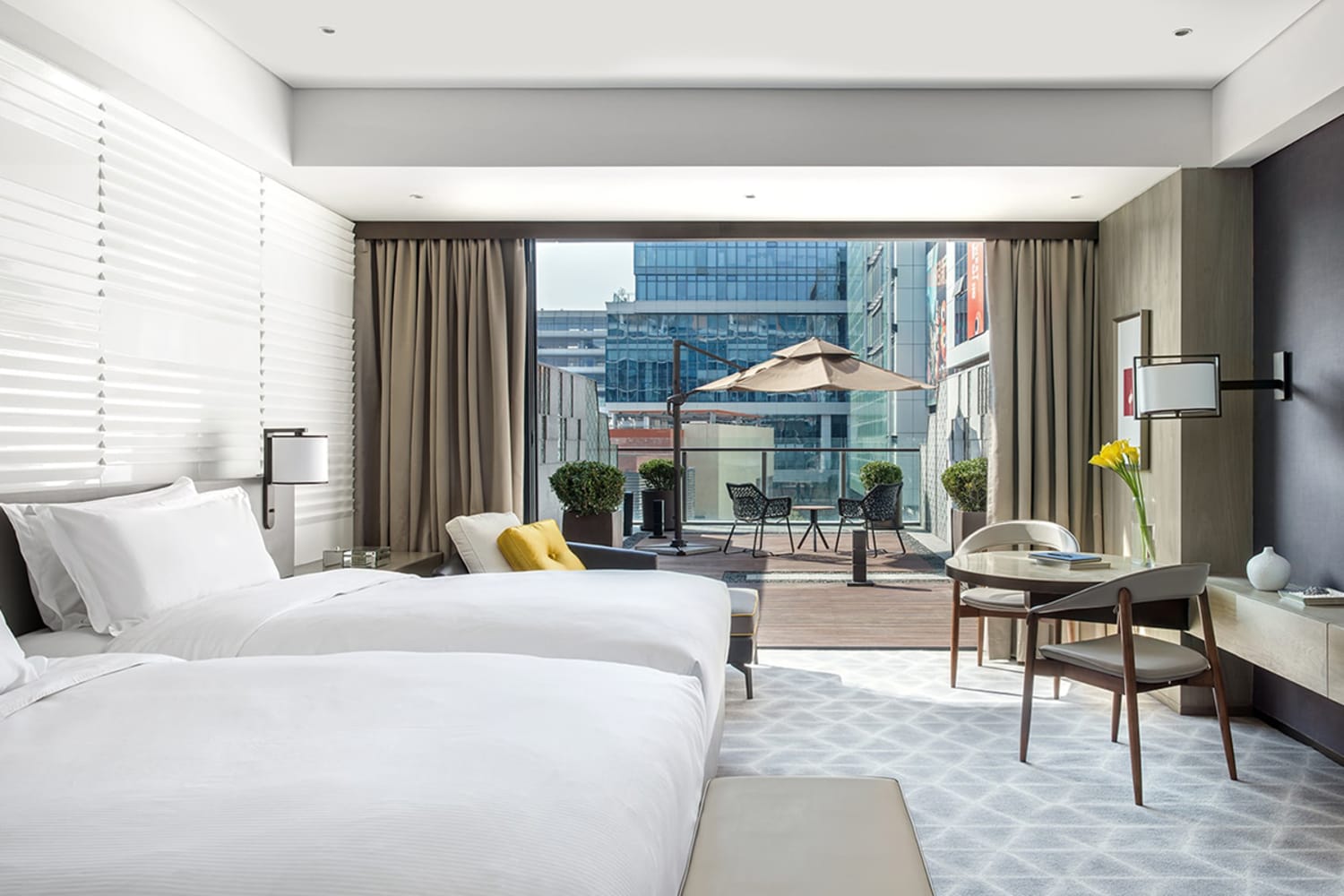
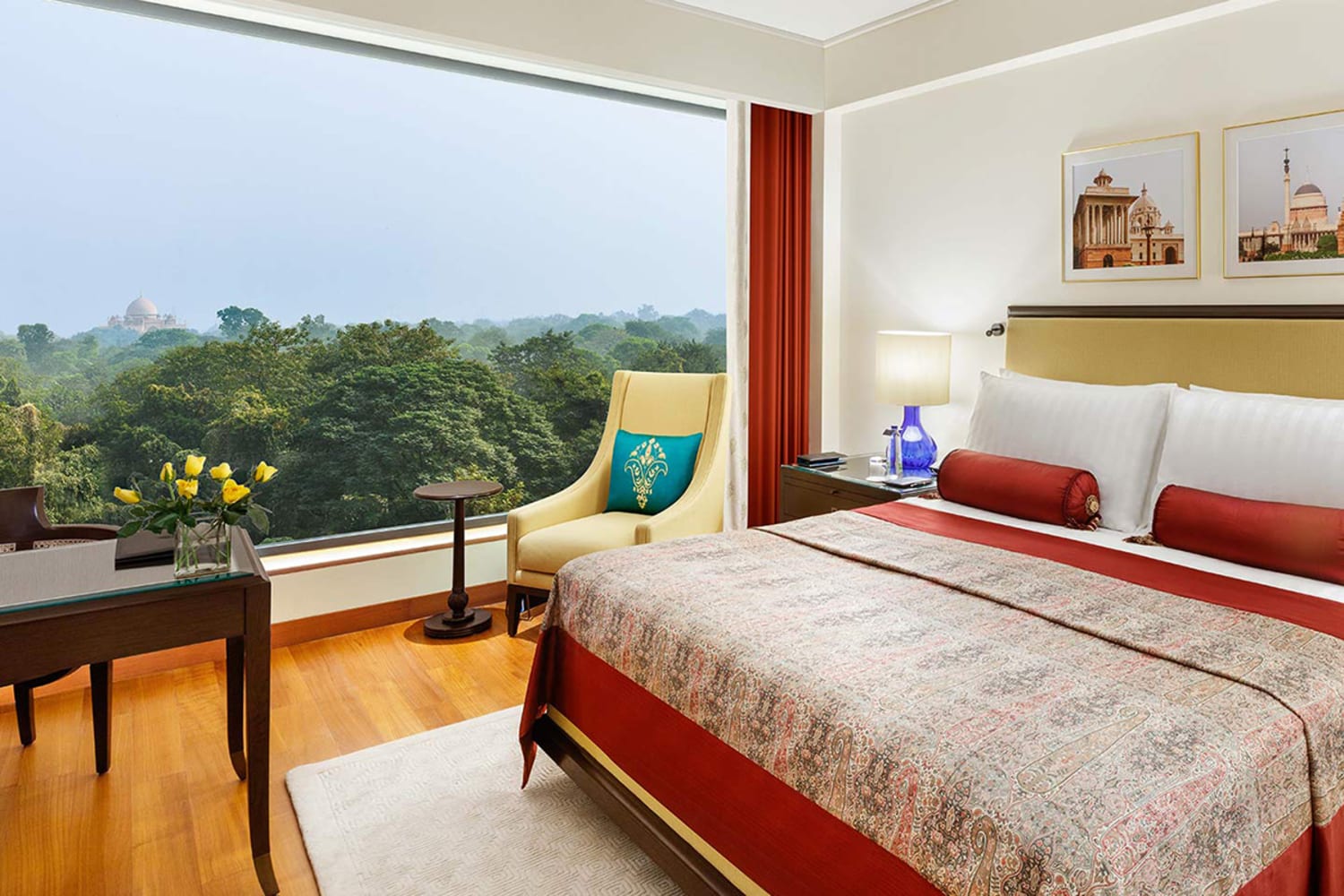

Luxury hotels around the world are adding new in-room perks in the form of clean air. The Oberoi in New Delhi, The Four Seasons Hotel Los Angeles, Rosewood London and Cordis Hotel in Shanghai are among a number of high-end hotels introducing rooms and spas with air filters and purification systems. An article released last year by The Guardian unpacked how “clean indoor air is becoming China’s latest luxury must-have” as health concerns rise. In the article, John O’Shea, managing director of Cordis Hongqiao said, “I think people can sleep easier knowing that the air quality in their room is far superior to any other hotel, and far superior to what is outside.”
When it comes to dining out, restaurants and cafes are not only installing air purifiers but also adding a lot more plant-life to provide guests with plenty of fresh air. Coffee Bond in New Delhi is a café and co-working space using locally-sourced teak and Indian rosewood for furniture, while plants and air purifiers make for a much-needed break from the outdoor smog that is notoriously toxic. Meanwhile, Café 27 in Beijing has been improving their air quality with walls of air-purifying plants since 2015.
Indoor purification is also extending into gyms with Beijing’s Oxygym identifying this as a business opportunity. “Our concept is to turn the gym into a forest,” Vincent Li, owner of Oxygym, told the South China Morning Post. “We aim to boost users’ performance and comfort level by [creating a clean air environment and] increasing the oxygen level.”
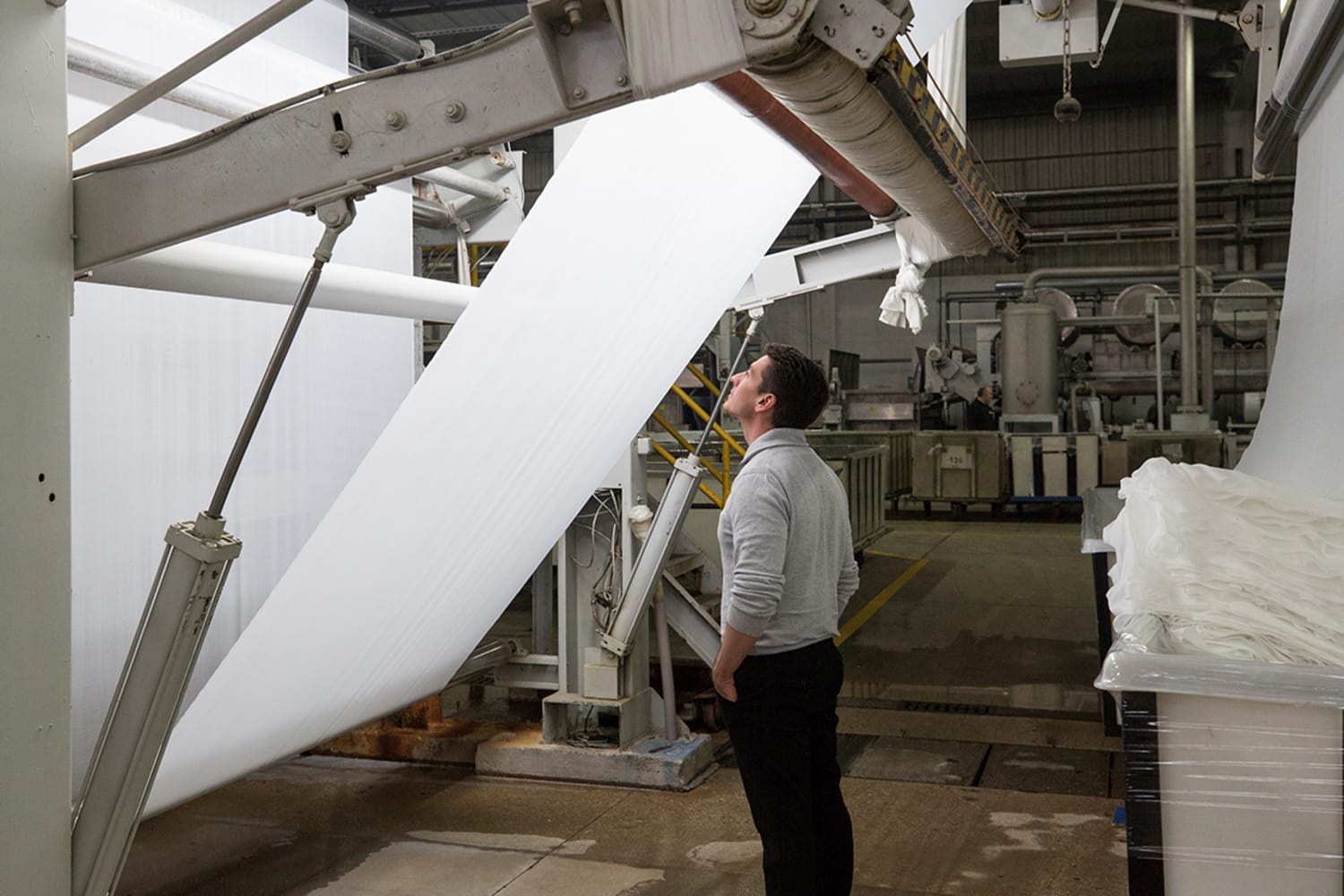
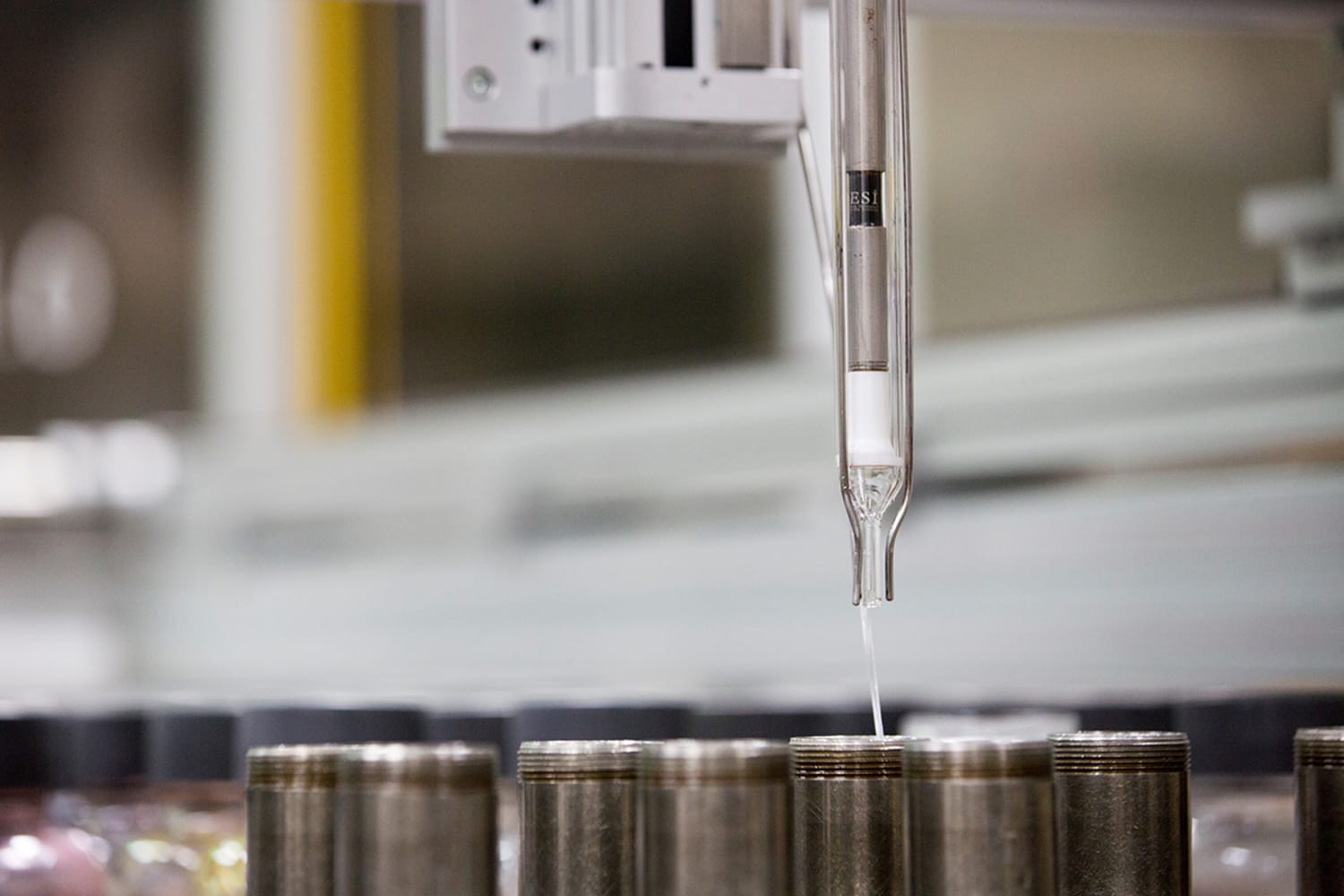
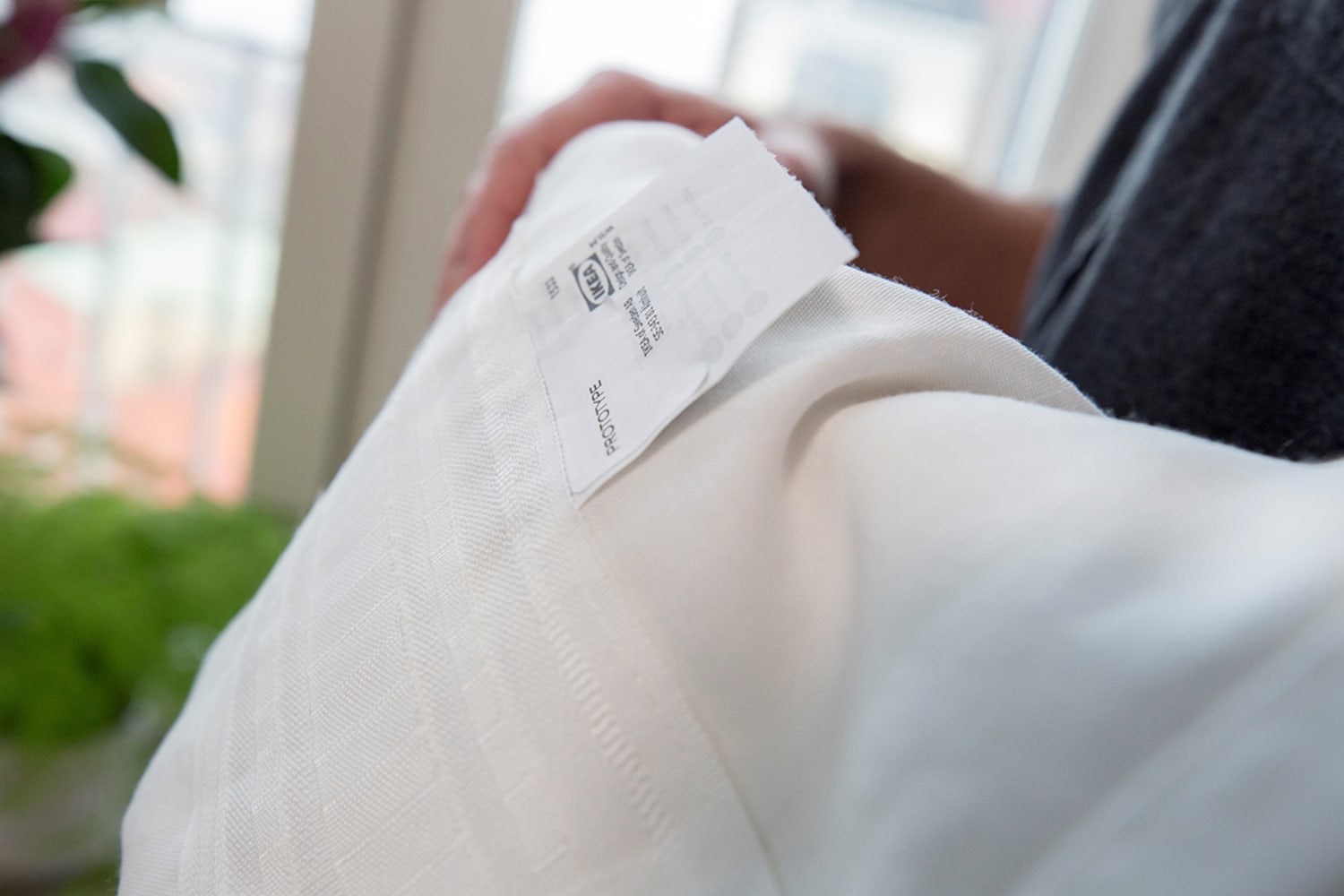
As for home comforts, Ikea unveiled the Gunrid air purifying curtain last week. The curtain uses unique technology integrated in the textile that breaks down air pollutants when light shines through it, which the Swedish furniture giant likens to the process of photosynthesis. “Besides enabling people to breathe better air at home, we hope that Gunrid will increase people’s awareness of indoor air pollution, inspiring behavioral changes that contribute to a world of clean air,” said Lena Pripp-Kovac, head of sustainability at Inter Ikea Group. The Gunrid curtain will be on sale next year, and there are plans for the materials to be used in other Ikea products which nods at purifying indoor air moving from luxury to mass market.
Today, air pollution is contributing to individual anxiety, with a study by the Chinese Hong Kong University showing a direct correlation between happiness and air quality. As consumers begin to put health at the forefront of everyday decisions, the growing concerns around air quality is creating a new wave of products and services to settle unease.
Please provide your contact information to continue.
Related Content

VML Prague and KitKat offers a digital break with its new "Phone Break" campaign

